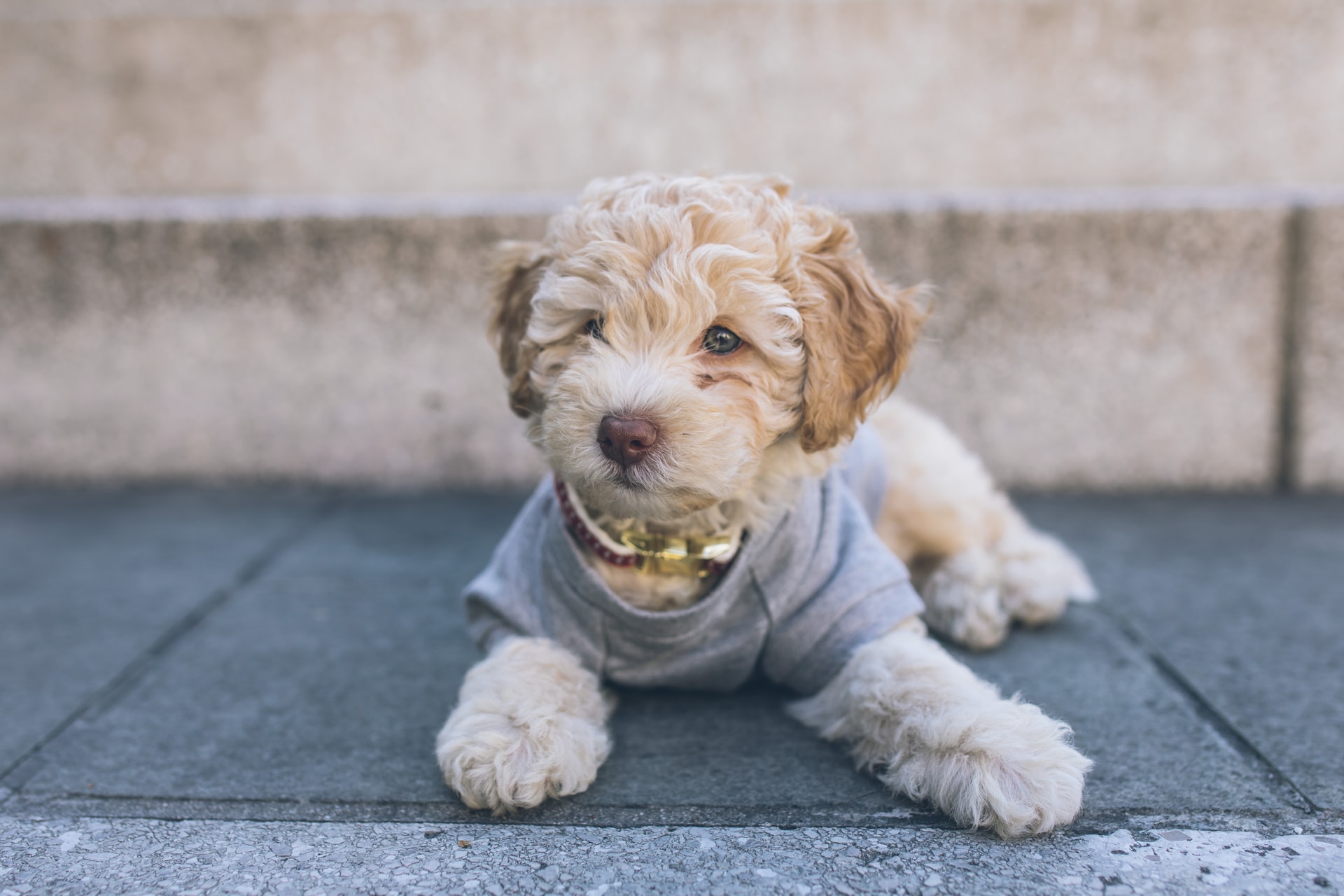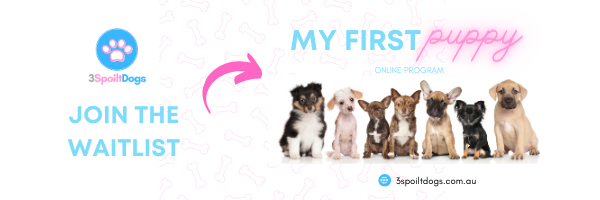
Puppy Do’s and Don’ts
So, you’ve finally got your very own puppy. You might be full of excitement, thinking of all the fun new things you can do with your new friend, but with great cuteness comes great responsibility.
Falling in love with a puppy is easy. Taking care of one, feeding them correctly, and disciplining them is a lot, lot harder.
What’s that? “This is my first puppy,” you say?
Well, good thing you’re reading this article.
A puppy’s early years are the most important of their entire life. This article will dish out the most important dos and don’ts regarding puppy care. Learn them well so you can have your puppy grow up happy and healthy.
Dos
- Take your puppy for regular visits to the vet. Vaccination is extremely important during puppy-hood as most dogs are vulnerable to parasites and all kinds of problems if they’re not vaccinated.
- Feed your puppy regularly. Feed them high-quality food until they’re at least 9 months of age before you switch them over to adult dog food. A growing puppy is a hungry puppy.
- Present a bowl of dog food to your puppy 3 times a day, for 20 minutes every time. After the 20 minutes are over, take the bowl away. This will ensure your puppy falls into a regular routine and eats properly.
- Reward good puppy behaviour when you see it. “How to train my new puppy?” you ask? Simple: Every time they do something you like, feed them a piece of their favourite treat. Don’t overfeed them, though.
- Slowly and steadily introduce your puppy to family and friends. The first year of a puppy’s life is extremely important for socializing.
- Feed your puppy age-appropriate and breed-appropriate food. “What to feed my puppy?” you ask? Well, certain breeds require more specific nutrients than other breeds because of their make-up. Consult a breeder or vet to determine the perfect diet for your pup.
Don’ts
- Never let your puppy bite or chew on your hands during play-time. This is a common no-no that every new puppy needs to learn about. Habits they learn in puppy-hood are carried over into adulthood. A cute bite from a puppy becomes a painful bite when they grow into adults.
- Don’t leave your puppy without someone to look after it. The first three months are especially important.
- Don’t take your puppy out to public parks and around other dogs until they’ve completed their vaccination rounds. Their immune system is very fragile in their first few years.
- Don’t punish your puppy for going potty in the wrong place. Use positive incentives to reward your puppy when they release in the right place. There’s a good chance your puppy won’t understand the reason it’s being punished and they will simply grow fearful of you instead.
- Don’t yell at your puppy. Scared puppies pee themselves to show that they aren’t a threat. This makes for unhappy, unhealthy adult doggies that never learn how to pee correctly. Use positive incentives instead.
Getting a puppy is a lifetime commitment so you need to be prepared for all it will entail in order to have a happy & healthy pet.
